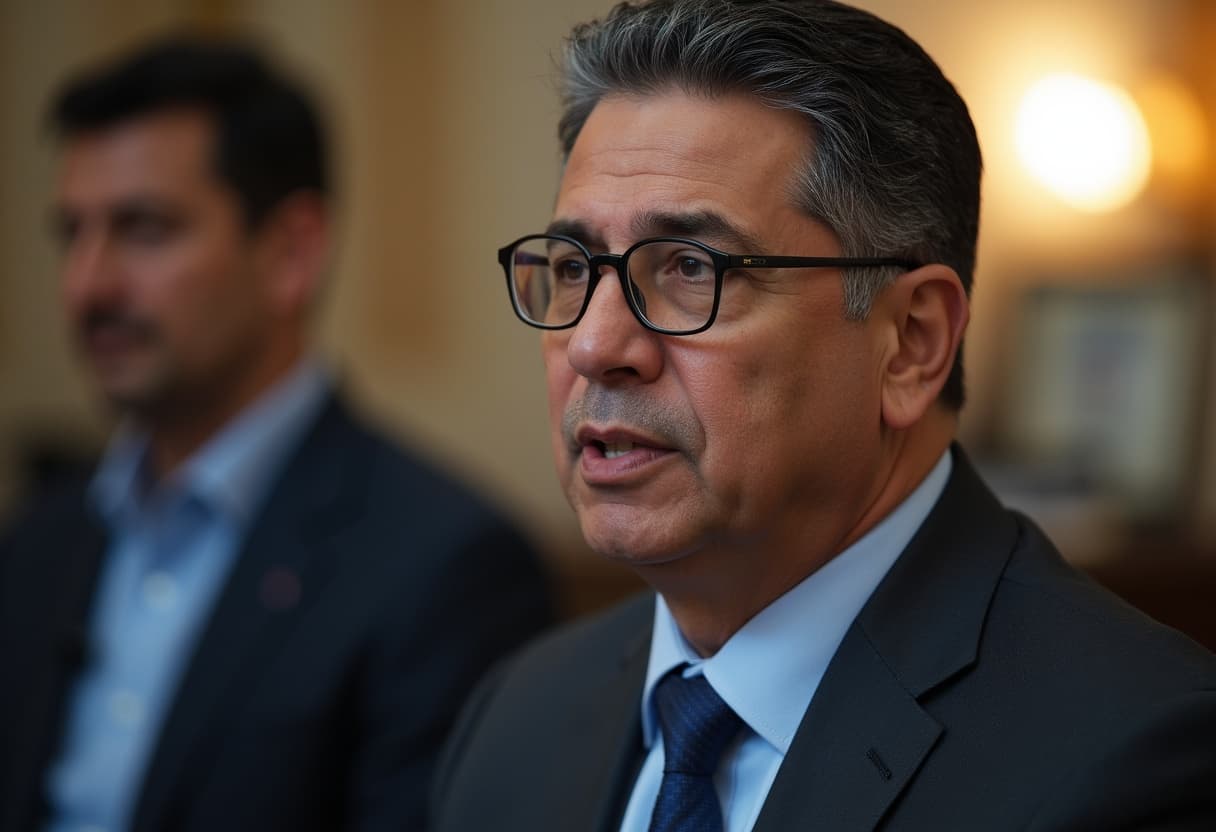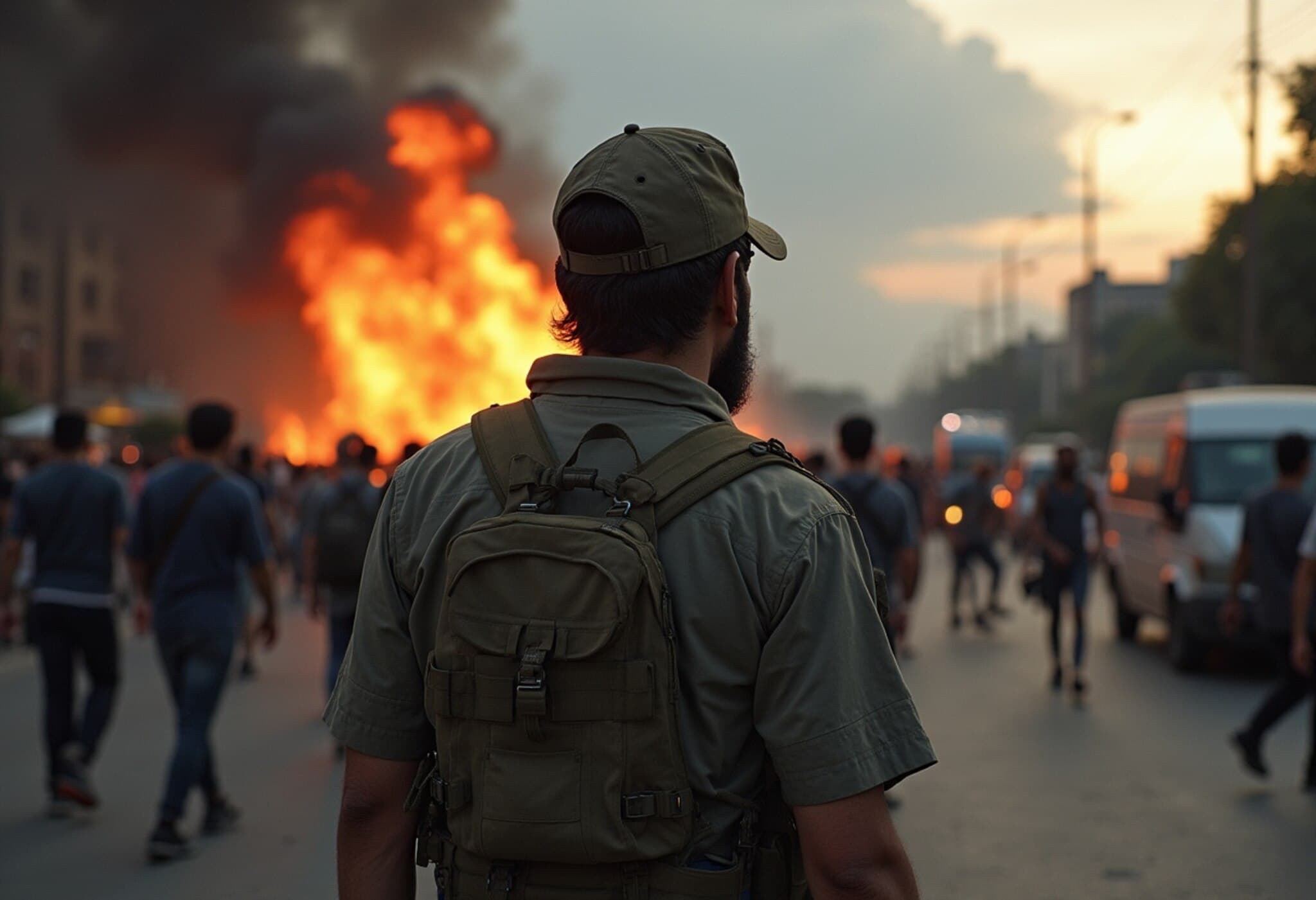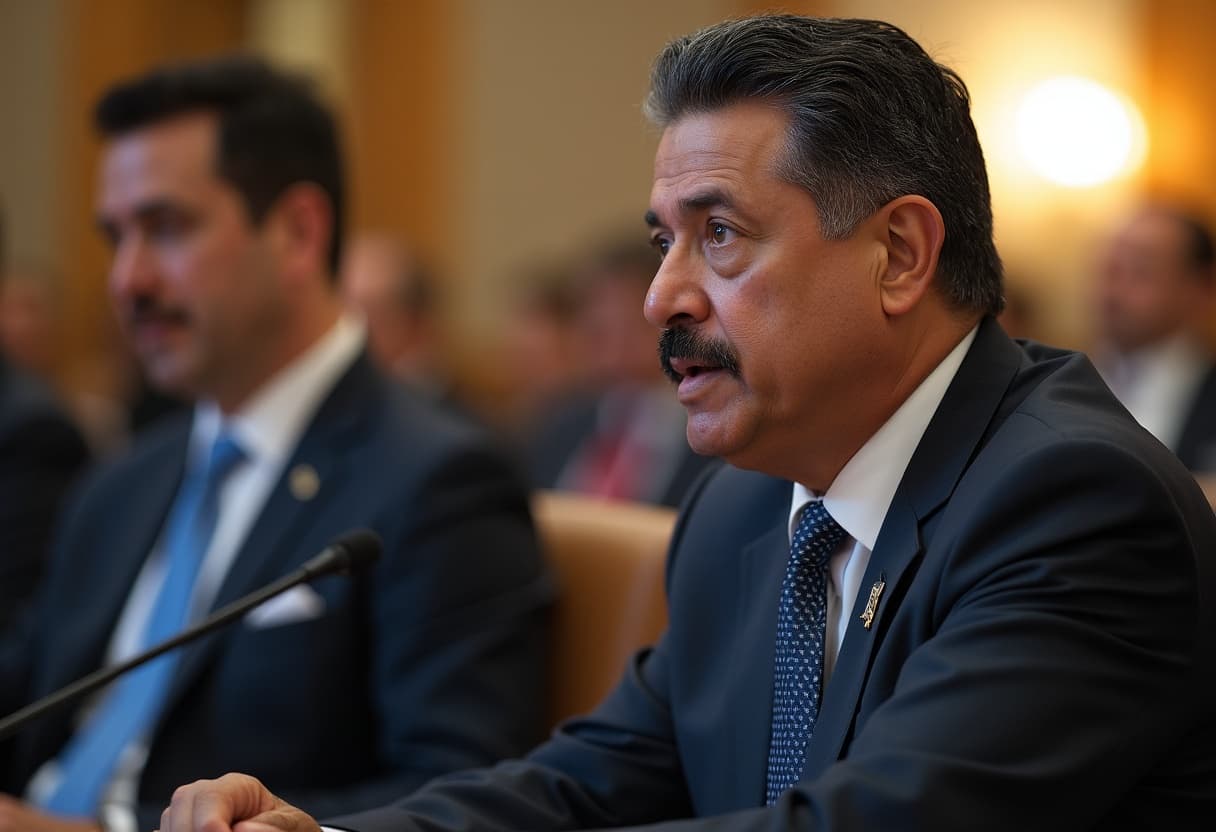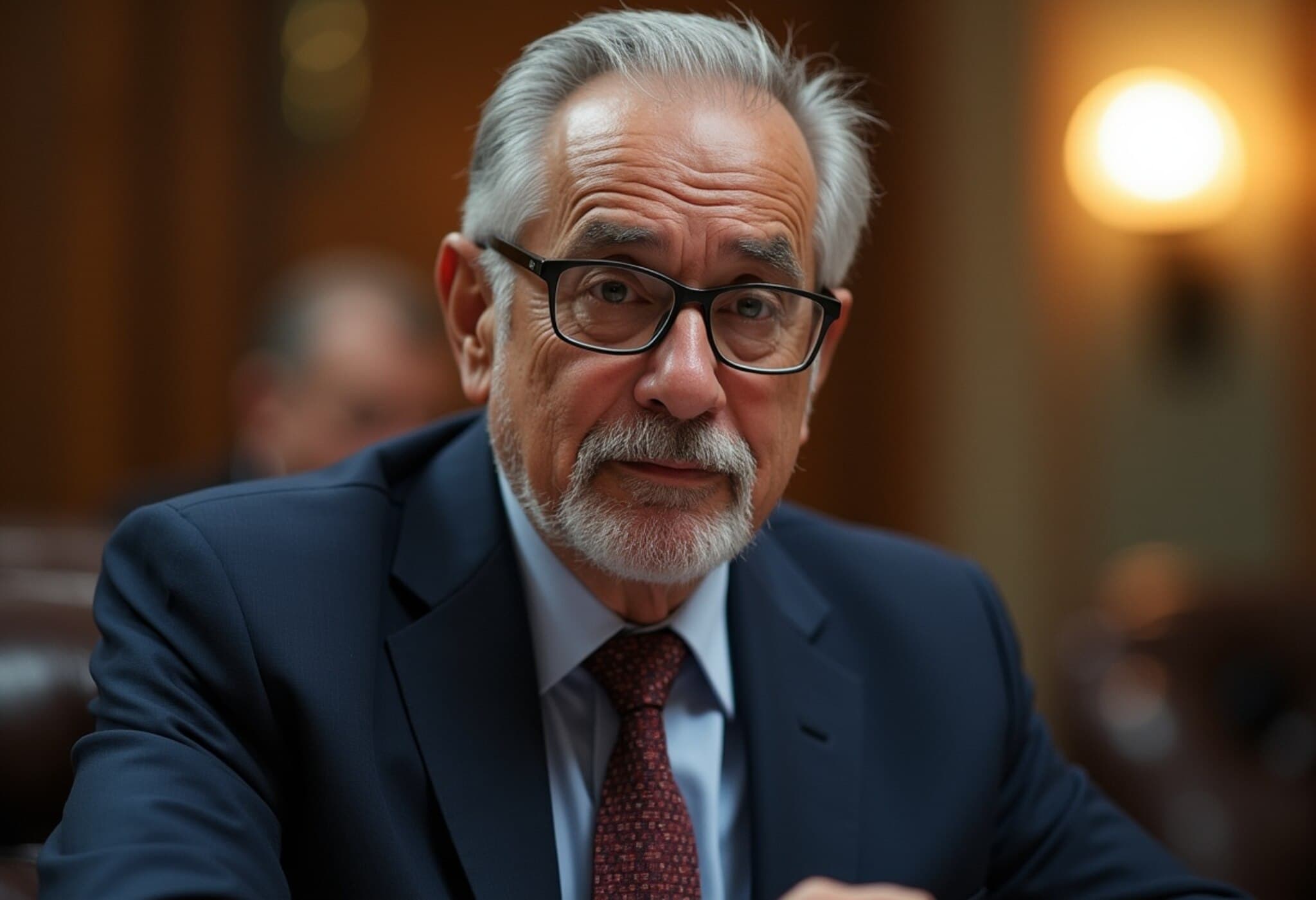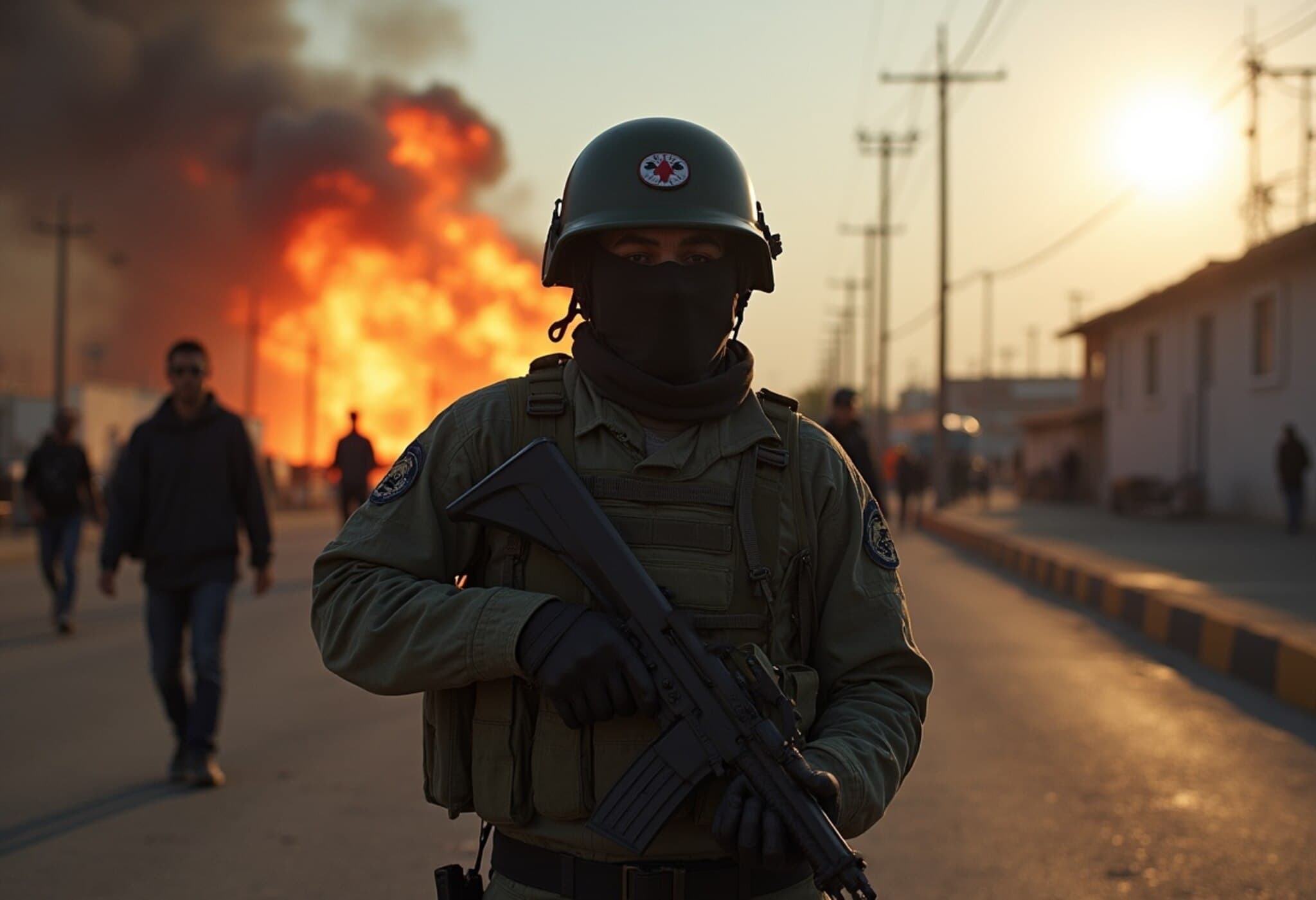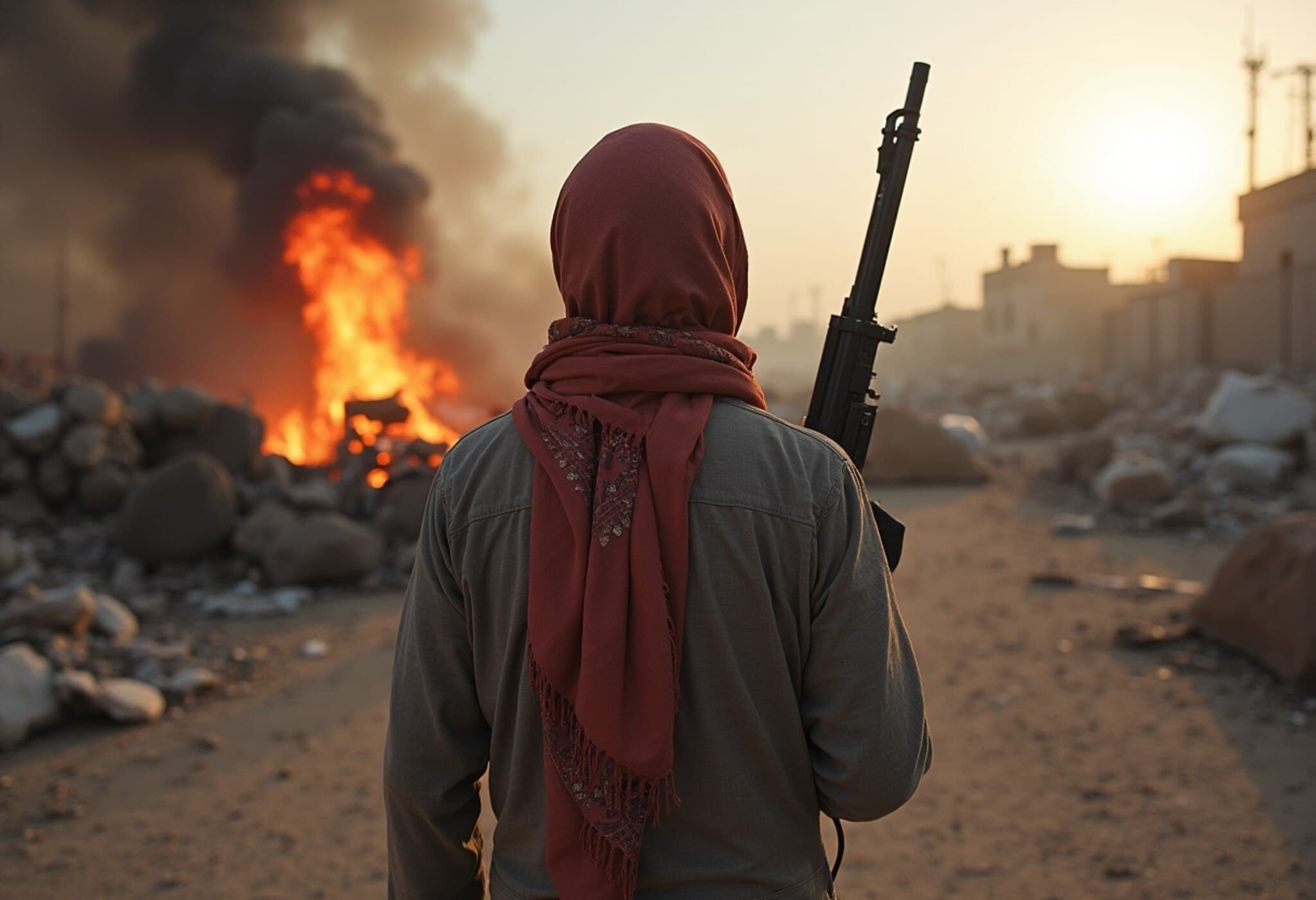Chile’s El Teniente Copper Mine Collapse Traps Workers After Earthquake
In a distressing turn of events at Chile's El Teniente copper mine—the world’s largest underground copper deposit—rescue teams have been racing against time to save miners trapped underground following a devastating collapse triggered by a 4.3 magnitude earthquake.
Collapse and Casualty Details
The collapse occurred at the new Andesita unit of the mine, located approximately 70 kilometers southeast of Santiago, Chile’s capital. Early reports confirmed the tragic death of at least one miner, with human remains found among the debris.
Codelco, the state-owned mining company that operates the mine, announced on Saturday that one of the five miners who were trapped has been found deceased. According to Andrés Music, the mine's general manager, the remains have been turned over for official identification by Chile’s prosecutor and public minister.
“We understand the profound pain this news brings to the families of our colleagues and the broader mining community,” Music said during a press briefing. “We remain committed to continuing rescue efforts with care and hope, although progress may be slower.”
Impact of the Earthquake and Safety Concerns
The seismic event, recorded by the University of Chile’s National Seismological Center, caused significant instability underground, injuring at least nine workers and leading to the collapse of several tunnels.
Crucially, authorities have affirmed that the collapse was not due to explosives or mining activity but directly related to the earthquake’s impact—a finding that will shape the ongoing investigation launched by Chile’s prosecutor’s office.
Government and Community Response
Chilean President Gabriel Boric expressed his solidarity with the affected families and pledged that his government would exert every effort to aid in the rescue. He instructed Mining Minister Aurora Williams to coordinate all necessary actions onsite.
On social media, Boric emphasized: “In these difficult hours for families and loved ones, all efforts are focused on the rescue of the five trapped miners. Our priority remains to support families and keep them informed every step of the way.”
The mining community and the nation watch anxiously as rescue teams work tirelessly, their determination fueled by a mixture of hope, fear, and solidarity.
What Lies Ahead: Safety and Rescue Challenges
- Ongoing rescue operations face complex geological and safety challenges due to potential aftershocks and unstable terrain.
- The psychological and humanitarian support for miners’ families is crucial during this agonizing wait.
- Broader questions emerge around seismic preparedness in Chile’s extensive mining industry, underscoring the need for enhanced safety protocols.
Expert Insights: Mining Safety Amid Seismic Risks
Chile sits on the Pacific Ring of Fire, making it highly susceptible to earthquakes. Mining operations—vital to the country’s economy—face inherent risks, particularly underground mines with extensive tunnels. Experts emphasize that while mining companies like Codelco continuously update safety standards, the unpredictable nature of earthquakes demands layered, resilient emergency response systems.
This incident prompts critical reflection on how seismic activity is integrated into mining safety design and how rapid response frameworks can be bolstered to protect workers effectively.
Editor’s Note
The El Teniente mine tragedy starkly highlights the human cost of industrial activity amid natural disasters. While the rescue teams’ perseverance offers hope, it also underscores the fragility miners face beneath the earth’s surface. Beyond immediate rescue efforts, this event should catalyze renewed focus on seismic safety preparedness across Chile’s mining sector. The nation’s economic lifeblood depends not just on resource extraction but on the health and safety of those who undertake this dangerous work. As this story develops, we will continue monitoring rescue outcomes and the ensuing investigation into protective measures against future seismic hazards.
Stay informed with our ongoing coverage on Chile mining safety, earthquake impact, and rescue operations.


